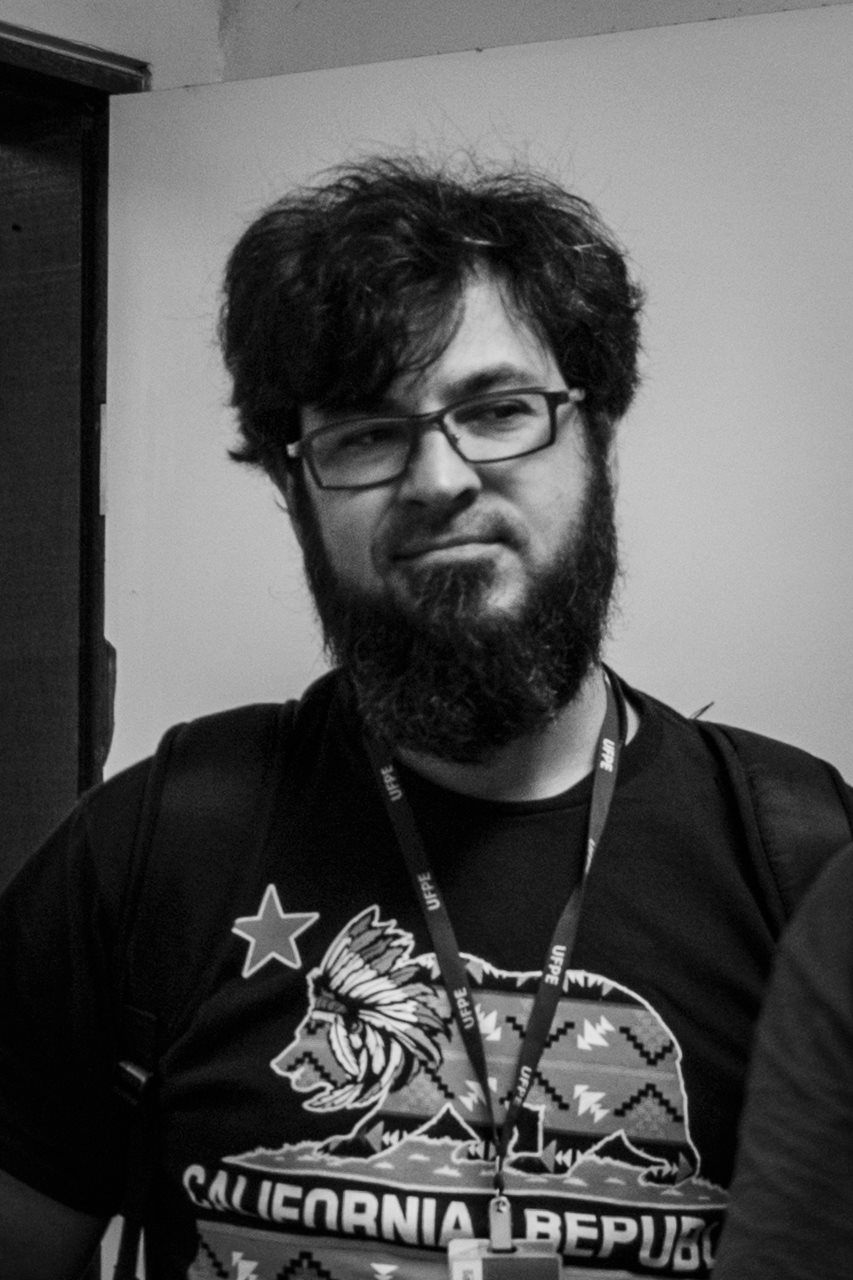Cited By
View all- Asuzu CCheng KOlechowski A(2024)The Personas of Cloud CAD Collaboration: A Case Study of a Team of CAD ProfessionalsIEEE Transactions on Engineering Management10.1109/TEM.2024.340917871(11225-11237)Online publication date: 2024
- Schulten CChounta I(2024)How do we learn in and from Hackathons? A systematic literature reviewEducation and Information Technologies10.1007/s10639-024-12668-1Online publication date: 13-Apr-2024
- Chounta IHoppe HNolte ASpikol D(2023)Editorial: Re-inventing project-based learning: Hackathons, datathons, devcamps as learning expeditionsFrontiers in Education10.3389/feduc.2023.11822648Online publication date: 28-Mar-2023
- Show More Cited By


